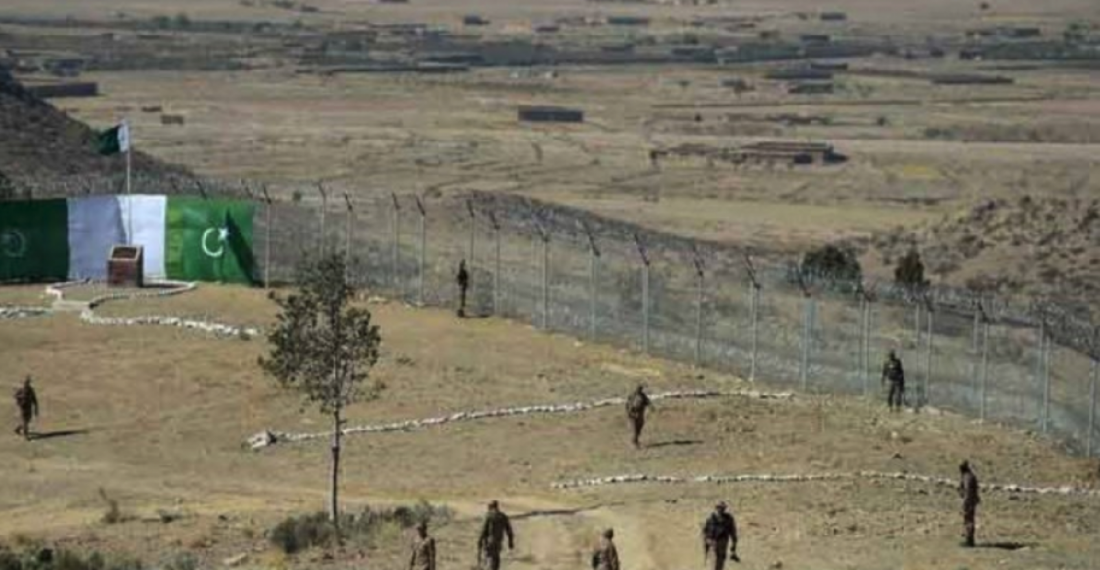The Taliban authorities warned Pakistan after several children and women were killed in Afghanistan in an alleged rocket attack by Pakistani forces in areas along the border on Friday (15 April). The death toll was later said to have reached 41, according to local sources speaking to AFP.
“The Islamic Emirate of Afghanistan condemns in the strongest possible terms the bombardment and attack that has taken place from the Pakistan side on the soil of Afghanistan,” government spokesman Zabihullah Mujahid told reporters in an audio message.
Border incidents have occured since the Taliban took over Afghanistan last summer, but in recent days those incidents increased significantly. Islamabad claims that militants are launching attacks on Pakistan from Afghani soil. It has also asked the Afghan government to secure the border and take action against those involved in terrorist activities. The Taliban have denied harbouring terrorist militants. Pakistan vowed to keep on fighting terrorism, whilst it denies that it conducted the strike.
The Pakistan strike was likely in retaliation for an attack on several Pakistani soldiers who were killed in an ambush by an armed group near the border last Thursday. The ambush was likely carried out by the Pakistani branch of Taliban (TTP) which although carries a similar ideology, has different history and goals than its Afghan counterpart. TTP fighters have settled along the border and since the beginning of Ramadan, have been pressuring the Pakistani authorities to allow Pakistani militants recently told by the Afghan Taliban to leave Afghanistan to return to their Pakistani home towns and villages.
It is not clear what the direction of the new government of Pakistan will be like. Since the Taliban takeover, Islamabad has led the way in pressing the world to engage with the Taliban government but it is not clear if the new Prime Minister Shehbaz Sharif will be as supportive of the Afghan Taliban as was his predecessor, Imran Khan.






